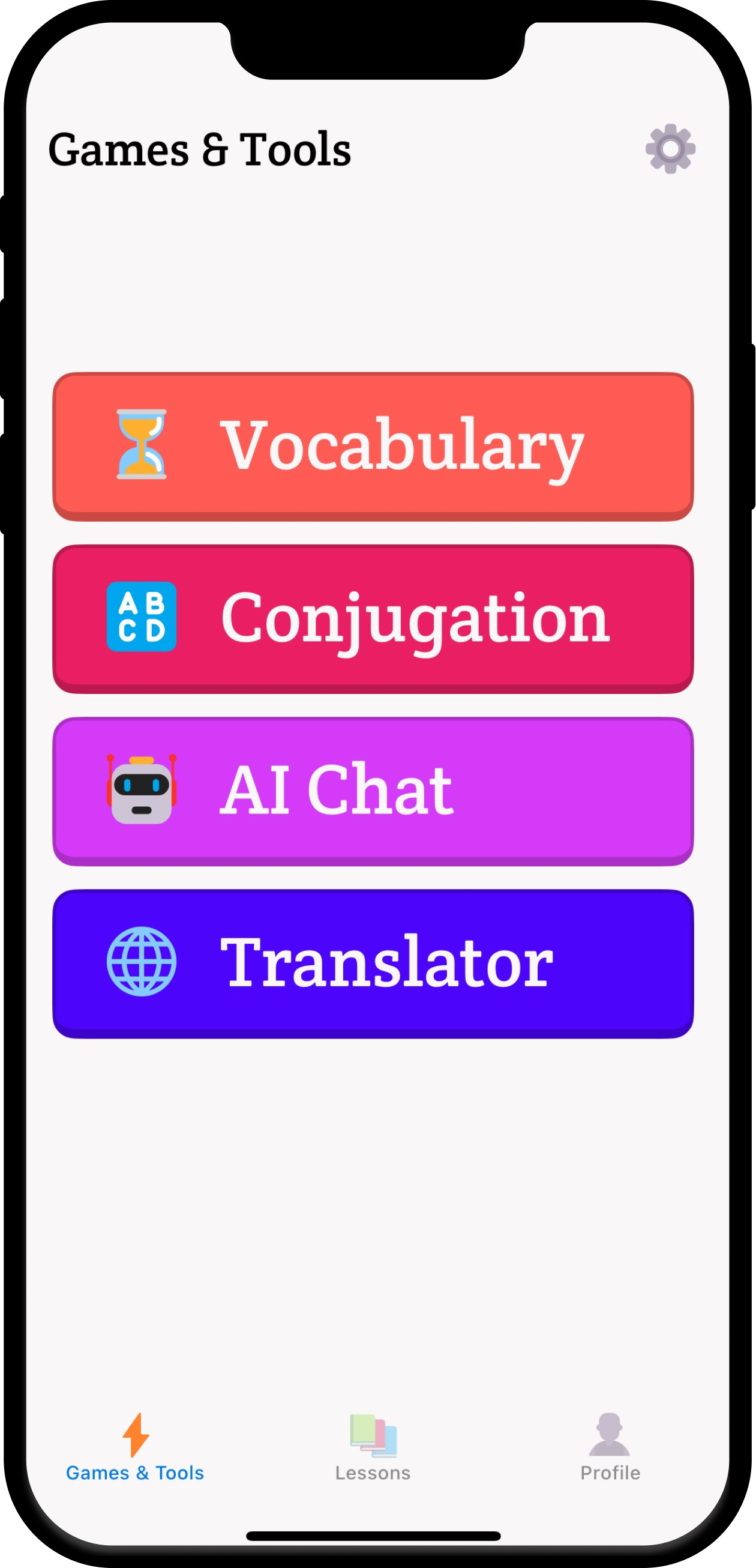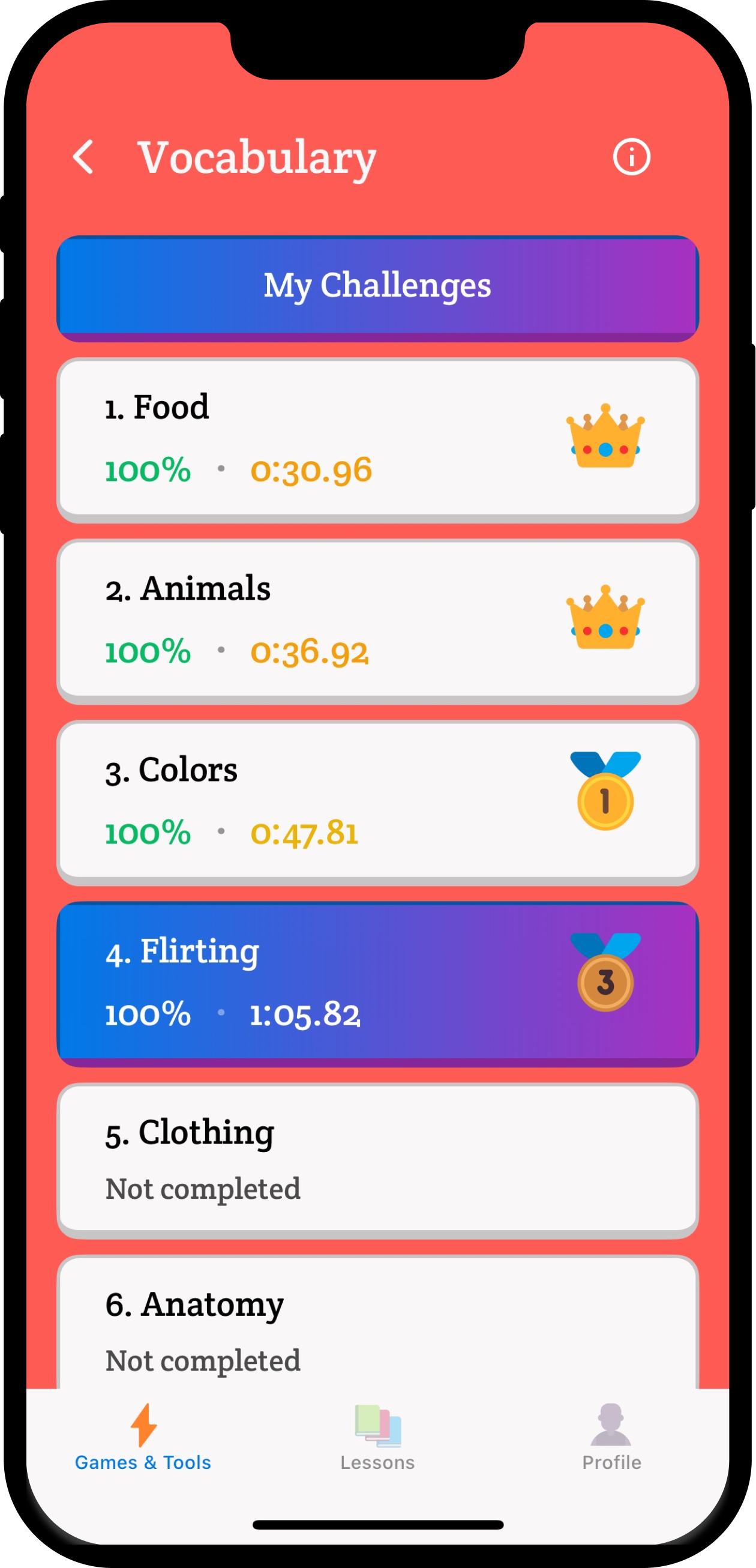Essential Dutch Phrases and Conversation Starters

Essential Dutch Phrases and Conversation Starters
Starting a conversation in a new language can be intimidating. But in the Netherlands, you'll find that a little effort goes a long way. While it's true that most Dutch people speak impeccable English, greeting someone or asking a question in their native tongue is a wonderful sign of respect and will be warmly received.
Ready to Learn More?
Try PolyChat's interactive language learning games and put your new vocabulary to the test!

Games & Tools
Essential tools for every learner

Timed Challenges
Practice vocabulary & conjugation

Interactive Games
Learn through engaging gameplay
This guide provides the essential phrases you need to break the ice, navigate basic interactions, and start your very first conversations in Dutch.
The Absolute Basics (De absolute basis)
These are the words you'll use every day. Note the difference between the informal (je/jij) and formal (u) forms. When in doubt, using the formal version is always a safe bet.
- Hallo: Hello (works in any situation)
- Hoi: Hi (very common and informal)
- Goedemorgen: Good morning
- Goedemiddag: Good afternoon
- Goedenavond: Good evening
- Doei / Dag: Bye (informal / slightly more formal)
- Ja / Nee: Yes / No
- Dank je wel / Dank u wel: Thank you (informal / formal)
- Alsjeblieft / Alstublieft: Please / Here you go / You're welcome (informal / formal). A very versatile word!
Introducing Yourself (Jezelf voorstellen)
- Ik heet...: My name is...
- "Hallo, ik heet Alex."
- Hoe heet jij/u?: What is your name? (informal / formal)
- Aangenaam kennis te maken: Nice to meet you. Often shortened to just "Aangenaam."
- Ik kom uit...: I come from...
- "Ik kom uit Canada."
- Waar kom je vandaan?: Where do you come from?
Asking for Help (Om hulp vragen)
It's okay to admit you're a beginner! People are usually very happy to help.
- Spreekt u Engels?: Do you speak English?
- Sorry, ik spreek niet zo goed Nederlands: Sorry, I don't speak Dutch very well.
- Ik begrijp het niet: I don't understand.
- Kun je dat herhalen, alsjeblieft?: Can you repeat that, please?
- Langzamer, alsjeblieft: Slower, please.
- Wat betekent dat?: What does that mean?
- Hoeveel kost dit?: How much does this cost?
Simple Conversation Starters (Eenvoudige gespreksstarters)
Ready to move beyond the basics? Try one of these.
- Hoe gaat het met je?: How are you?
- The standard reply: "Goed, dank je. En met jou?" (Good, thanks. And with you?)
- Wat doe je voor werk?: What do you do for work?
- Lekker weer, hè?: Nice weather, huh? (Talking about the weather is universal small talk!)
- Mag ik je iets vragen?: May I ask you something?
- Proost!: Cheers! (Important for any social gathering.)
- Eet smakelijk!: Enjoy your meal! (Said before starting to eat.)
In a Shop or Restaurant (In een winkel of restaurant)
Here are some practical phrases for everyday situations.
- Mag ik de menukaart, alstublieft?: May I have the menu, please?
- Ik wil graag... bestellen: I would like to order...
- "Ik wil graag een koffie bestellen."
- De rekening, alstublieft: The bill, please.
- Kan ik met pin betalen?: Can I pay with a card? (PIN is the word for a debit card transaction).
- Heeft u dit in een andere maat?: Do you have this in another size?
- Ik ben even aan het rondkijken: I'm just looking around. (Useful when a shop assistant approaches you).
- Dat is alles, dank u wel: That's everything, thank you.
A Quick Cultural Tip: Be Direct!
Dutch culture is known for its directness. This isn't meant to be rude; it's a sign of honesty and efficiency. Don't be surprised if people get straight to the point in conversation. When you're speaking Dutch, it's okay to be direct in your questions and answers, too. Small talk is less common than in English-speaking cultures, so a simple "Hallo" might be all the greeting you need before asking your question.
Don't be afraid to make mistakes. The key to learning a language is practice. Keep these phrases handy, try them out in a shop or with a new acquaintance, and you'll be surprised at how quickly you gain confidence.
Succes! (Good luck!)
Related Posts
7 Common Pronunciation Mistakes English Speakers Make in Spanish
By focusing on just a few key sounds, you can dramatically improve your accent and sound much more natural when speaking Spanish.
Read morePolyChat: De Beste Taalapp voor Nederlanders in 2025
Ontdek waarom PolyChat de ideale app is voor Nederlanders die Duits, Frans, Spaans, Italiaans en andere talen willen leren. Vergelijking met Duolingo, Babbel en andere apps.
Read more100 Spanish Slang Words You Need to Know
Learn the most common Spanish slang words and phrases that will help you sound like a native speaker in everyday conversations.
Read more